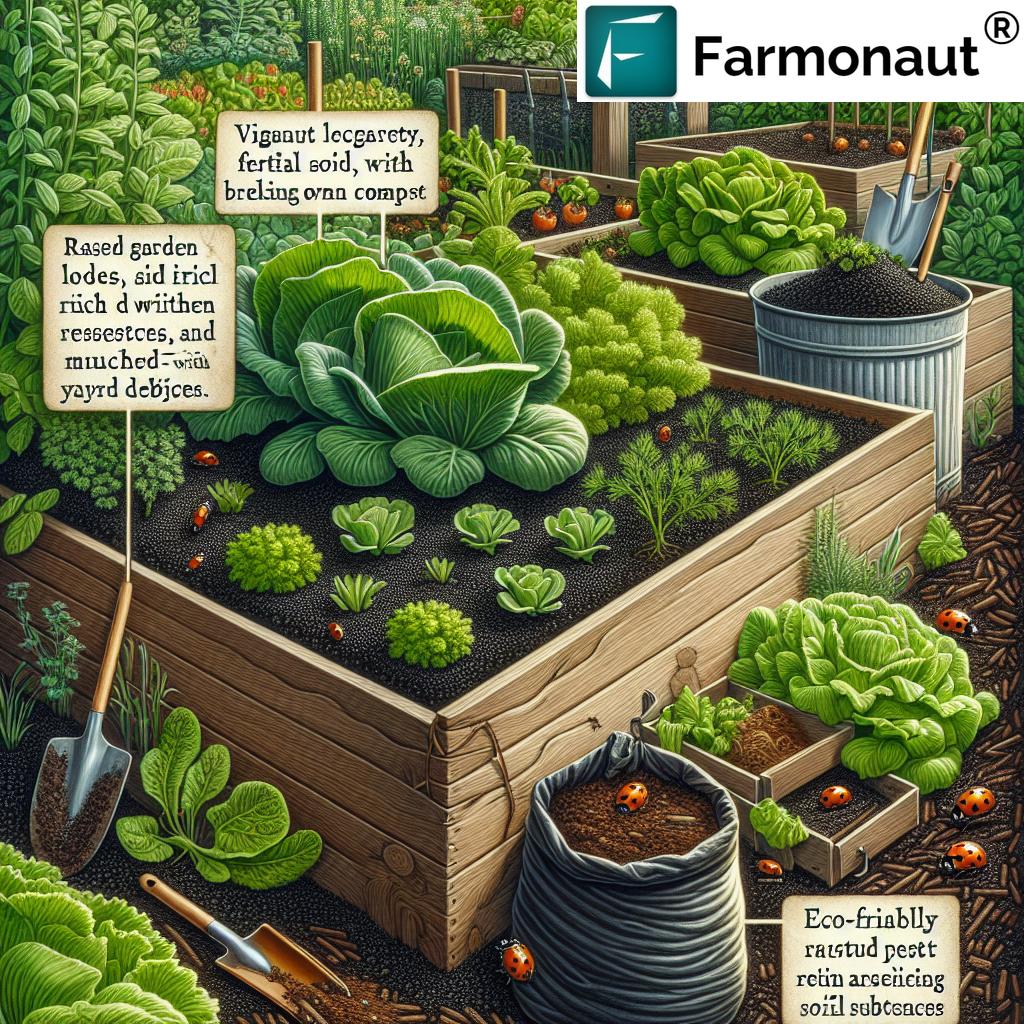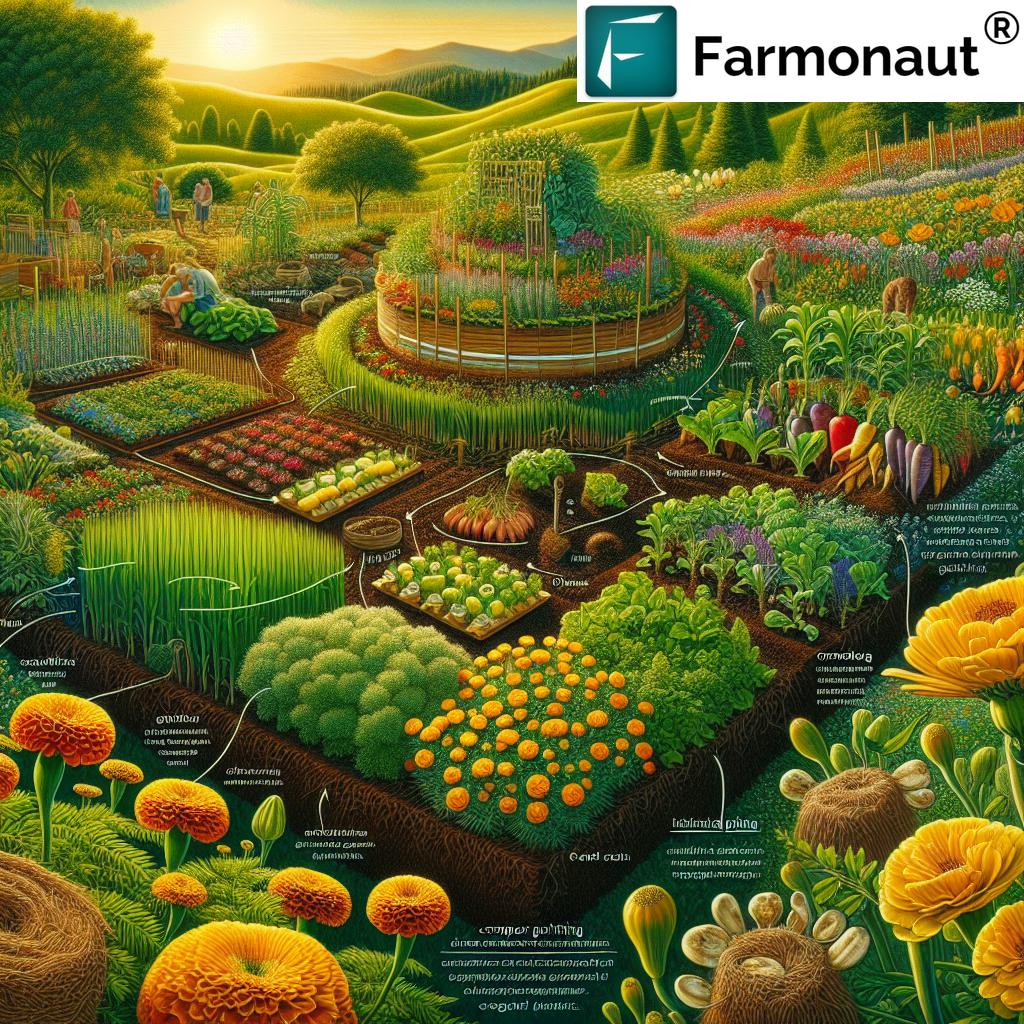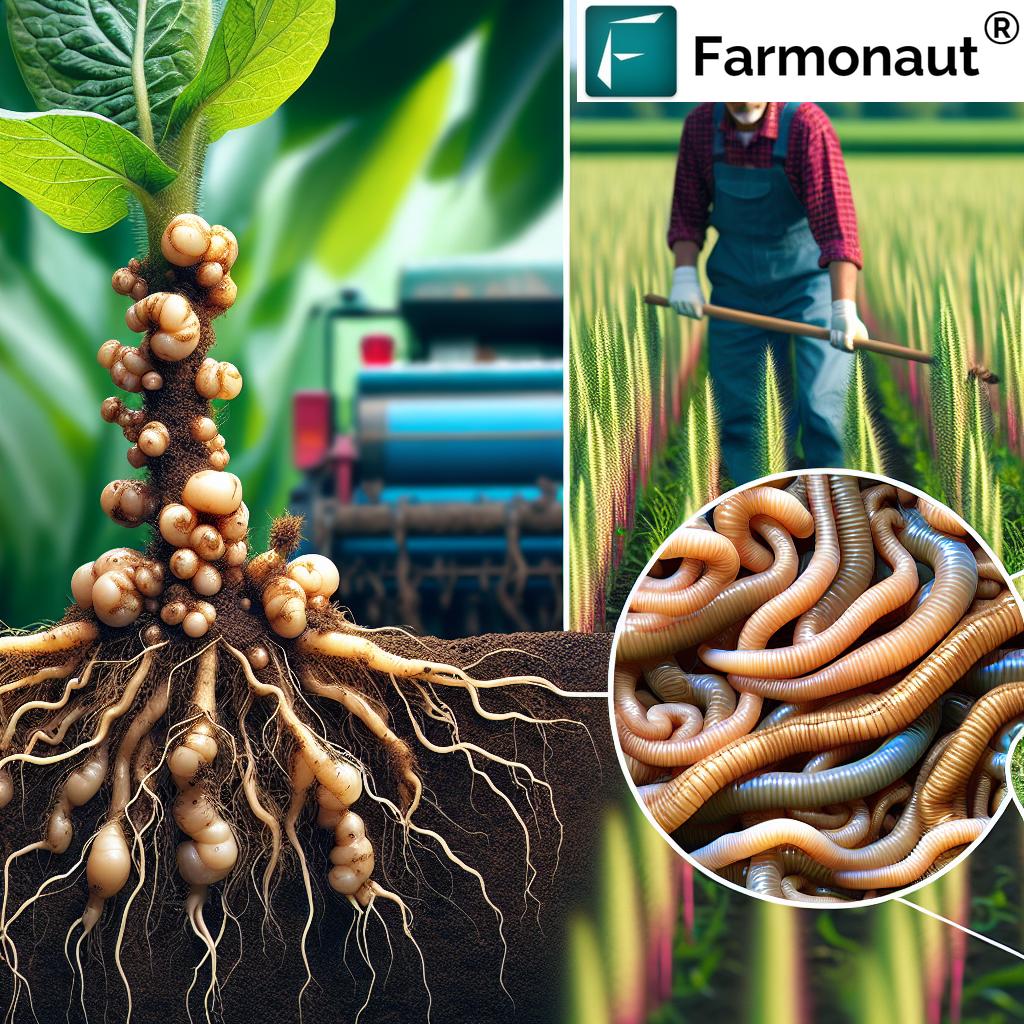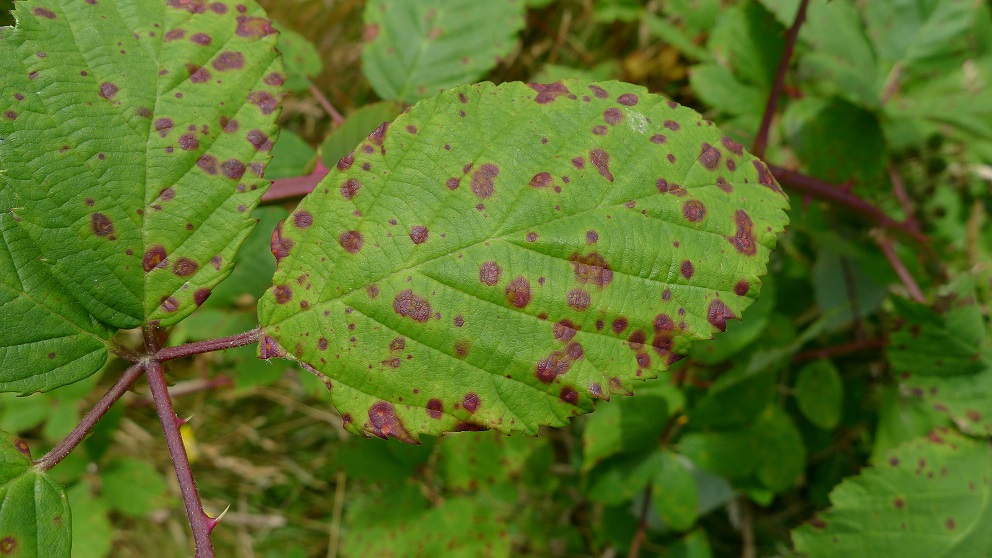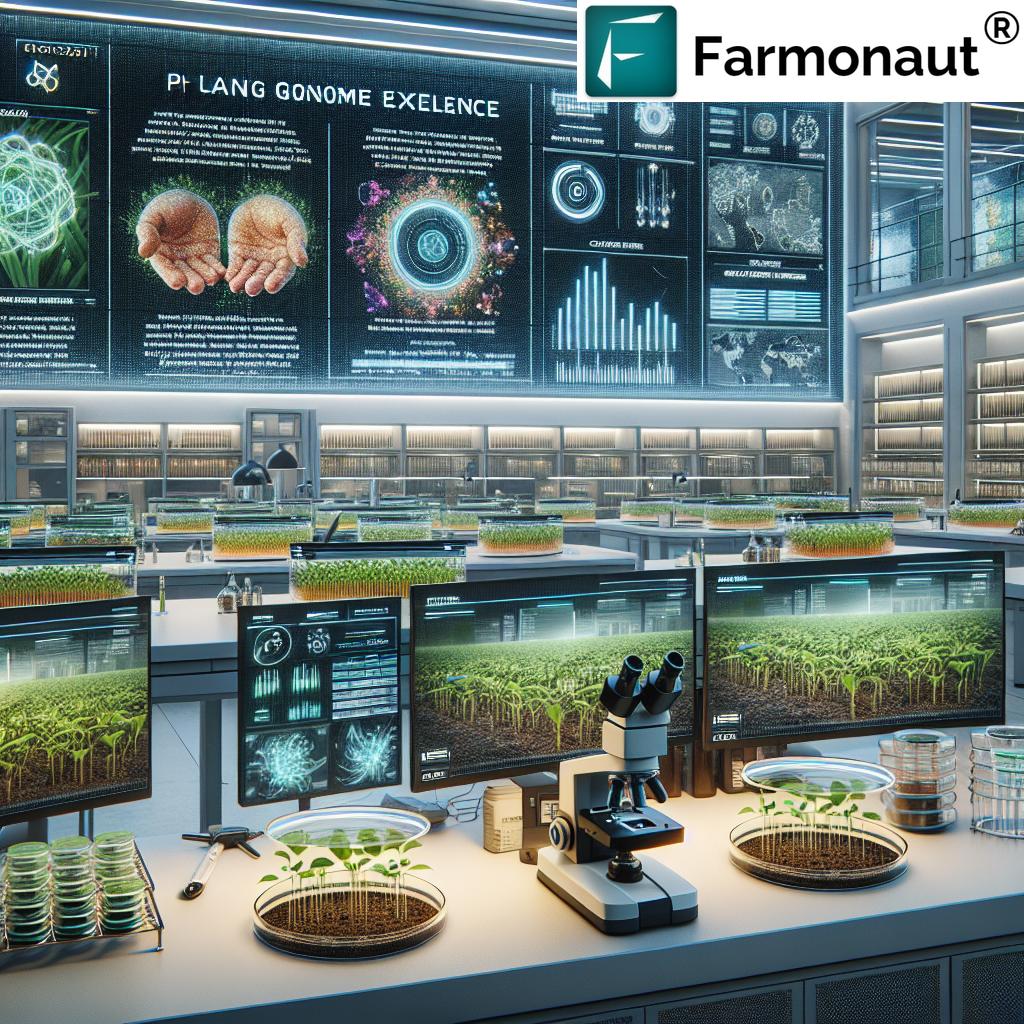“Compost can increase soil organic matter by up to 30%, enhancing fertility and plant growth naturally.”
7 Organic Gardening Solutions for Thriving Soil Fast
Cultivating a healthy garden starts with the soil beneath our feet. As passionate gardeners and stewards of our environment, we recognize that thriving, organic soil is the foundation for nutritious crops, vigorous plants, and a resilient ecosystem. In today’s world, organic gardening practices are not just trends—they are vital solutions for environmental conservation and for providing safe, healthy food.
By embracing organic gardening solutions, we choose to work with nature, utilizing natural pest control, sustainable gardening methods, and principles designed to improve soil fertility and foster biodiversity. In this comprehensive guide, we will unlock the seven most effective approaches for accelerating soil rejuvenation—each grounded in ecological balance, sound science, and centuries-old farming wisdom.
Understanding the Principles of Organic Gardening
At the heart of all our organic gardening practices lies a dedication to nurturing life—above and below the ground. Let’s revisit the essential principles underpinning our sustainable gardening journey:
- Soil Health: Maintaining and improving soil fertility through natural amendments such as compost, mulch, and organic fertilizers. Our efforts directly impact the structure, moisture retention, and resilience of the soil ecosystem.
- Biodiversity: Encouraging a vibrant tapestry of plants, beneficial insects, animals, and microorganisms. This balance supports pest control, disease suppression, and ecosystem stability.
- Natural Pest Management: Utilizing biological control by attracting predatory insects (like ladybugs for aphids) and practicing companion planting. This replaces the reliance on synthetic pesticides.
- Sustainable Practices: Conserving resources—especially water and energy. Through methods such as rainwater harvesting and mulching, we minimize our environmental footprint for long-term garden health.
These foundational values guide our hands as we cultivate gardens that are not just productive but truly regenerative.
The 7 Essential Organic Gardening Solutions for Thriving Soil Fast
Now, let’s dive into the practical side—the proven methods we, as gardeners and farmers, can implement to improve soil fertility, boost biodiversity in gardening, and support robust, healthy plant growth swiftly.
-
Composting for Healthy Soil
Composting is the process of decomposing organic matter—including kitchen scraps, yard waste, and plant residues—into a nutrient-rich compound called compost. This invaluable organic material not only adds essential nutrients but also improves soil structure, enhances moisture retention, and supports beneficial microbes.
- Use a balanced mix of greens (vegetable scraps, grass clippings) and browns (dry leaves, straw, shredded paper).
- Turn the pile regularly to aerate and accelerate decomposition.
- The results? Increased organic content, better drainage, and thriving plant roots—a direct boost to plant health and yield.
For more about organic gardening practices and composting’s crucial benefits, check out our tips in the sections below.
-
Green Manuring & Cover Crops
Green manuring involves planting fast-growing crops—like legumes (clover, vetch, peas)—that are eventually incorporated into the soil. These cover crops fix nitrogen, suppress weeds, and feed the soil with organic matter when tilled in.
- Plant green manure crops in between main crop cycles or during fallow periods.
- Choose cover crops suitable for local climates and soil requirements.
- Benefits include rapid improvement in soil structure, enhanced microbial activity, and a dramatic reduction in erosion.
Pro Tip: Learn how tracking soil carbon with Farmonaut supports healthy, sustainable soil management and carbon sequestration at scale.
-
Mulching for Moisture and Weed Control
Mulching is the application of organic materials—such as straw, wood chips, leaves, or grass clippings—across the soil surface. This technique provides a protective barrier that conserves soil moisture, regulates temperature, suppresses weed growth, and gradually adds nutrients as it breaks down.
- Apply a generous 5–10 cm (2–4 inch) layer around new plantings and between garden rows.
- Mulch suppresses sun-loving weeds, reduces water evaporation, and retains steady soil temperatures for optimal plant growth.
- Over time, decomposing mulch enhances organic matter and supports beneficial life in the root zone.
-
Biological (Natural) Pest Control Methods
Eschewing chemicals, we adopt natural pest control by utilizing beneficial insects, such as ladybugs (for aphids), lacewings, and predatory beetles. The introduction and encouragement of these allies keep pest populations in check without synthetic insecticides.
- Grow nectar-rich flowers to attract beneficial insect predators.
- Build simple insect shelters (e.g., bug hotels) to support resident populations.
- Adopt companion planting—for instance, marigolds deter nematodes; basil repels flies near tomatoes.
For digital monitoring of pest pressure and quick responses, explore Farmonaut’s real-time crop health tools for smarter, sustainable pest management.
-
Manual Weed Management
Manual weeding remains one of the most effective and environmentally friendly ways to manage invasive plants. By regularly removing weeds by hand or with simple tools, we prevent competition for water, nutrients, and light. This process, though labor-intensive, is chemical-free and enhances close monitoring of plant health.
- Inspect garden beds weekly and remove weeds before they set seed.
- For larger plots, use hoes or specialized weeders to ease the workload.
- Integrate mulch and cover crops to further suppress unwanted growth naturally.
-
Crop Rotation
Crop rotation involves changing the crop family planted in each bed or section each season or year. This technique interrupts pest and disease cycles, preserves soil fertility, and balances nutrient uptake, leading to healthy, productive soil.
- Rotate crops of different families—root, legume, leaf, fruit—to disrupt pest/disease recurrence and balance soil nutrient usage.
- Keep a detailed rotation plan for maximum benefits and easier garden management.
- This strategy is a pillar of organic crop production and sustainable soil management worldwide.
-
Water Conservation in Gardening
Conserving water is integral to organic and sustainable gardening. We recommend:
- Installing drip irrigation for direct, efficient watering at the root zone.
- Setting up rainwater harvesting systems—barrels or tanks—to capture runoff, reducing dependence on municipal sources.
- Watering early in the morning or late evening to minimize evaporation.
- Pairing mulching and organic matter with these methods for ultimate water retention and healthy plant roots.
For remote water management and soil moisture mapping, explore Farmonaut’s sustainable farm management suite.
“Cover crops reduce soil erosion by 50%, supporting sustainable gardening and boosting biodiversity.”
Solution Comparison Table: 7 Organic Gardening Solutions
| Solution Name | Main Benefit | Estimated Time to Results | Environmental Friendliness | Difficulty | Quick Tip for Success |
|---|---|---|---|---|---|
| Composting | Boosts nutrient content and improves soil structure | 4–12 weeks | High | Easy | Maintain a balanced pile and turn it regularly |
| Green Manuring & Cover Crops | Enhances fertility; suppresses weeds, improves soil health | 4–16 weeks | High | Moderate | Choose cover crops suited to your local climate |
| Mulching | Conserves moisture, regulates soil temperature, suppresses weeds | Immediate to 1 week | High | Easy | Use organic materials; refresh mulch as it decomposes |
| Biological Pest Control | Controls pests naturally without chemicals | 1–4 weeks | High | Moderate | Research local beneficial insects for best results |
| Manual Weed Management | Reduces competition and maintains healthy soil | Immediate | High | Moderate | Weed regularly and before setting seeds |
| Crop Rotation | Reduces soil-borne diseases and maintains fertility | One full season | High | Challenging | Plan rotations in advance for maximum diversity |
| Water Conservation Methods | Reduces water usage and supports sustainable gardens | Immediate | High | Easy | Combine rainwater harvesting with mulching |
Why Choose Organic Gardening Solutions Over Conventional Methods?
By adopting organic gardening solutions, we support:
- Environmental Conservation: Avoiding synthetic fertilizers and pesticides means less pollution and a healthier, more diverse ecosystem.
- Improved Soil Structure & Health: Regular composting, mulching, and green manuring restore organic matter, benefiting the soil’s capacity to retain moisture, nutrients, and vital life.
- Safer, More Nutritious Produce: Organic crop production often results in crops with fewer chemical residues and potentially higher nutritional value.
- Biodiversity in Gardening: Plant diversity helps us naturally control pests and diseases, making our gardens more resilient and prosperous.
- Economic Opportunity: Organic produce often demands higher market prices, benefiting gardeners and farmers committed to sustainable standards.
Farmonaut: Enabling Precision and Sustainability in Organic Gardening
Enhancing traditional organic gardening practices with intelligent technology can revolutionize the journey from soil management to food security. Farmonaut stands at the forefront, offering affordable, precision agriculture for everyone—from home gardeners to large-scale farmers.
Key Offerings for Organic Gardeners and Farmers:
- Satellite-Based Crop Health Monitoring: Farmonaut utilizes advanced satellite imagery to track plant health, detect diseases early, and evaluate soil moisture—helping reduce wastage and optimize resource application.
- Farmonaut Farm Management Platform: Manage gardens and fields with data-driven insights, track crop cycles, monitor soil health, and receive tailored AI-based advisories—perfect for those seeking sustainable gardening methods.
- Carbon Footprinting: Quantify and track greenhouse gas emissions associated with your gardening and farming activities, supporting long-term environmental resilience and regulatory compliance.
- Blockchain-Based Traceability: Ensure the transparency, authenticity, and integrity of your organic produce from farm to market, building trust with consumers and stakeholders.
- API Access and API Documentation: For advanced users and developers, integrate real-time farm and weather data into your own gardening management systems or research projects.
- Satellite-Verified Crop Loan & Insurance Tools: Simplify the loan and insurance approval process by providing objective, real-time field verification. A game-changer for those seeking financial stability while maintaining organic standards.
- Fleet and Resource Management: Streamline your agricultural logistics—optimizing vehicles and assets to minimize environmental impact and operational costs.
Whether tending vegetables in a city plot or managing hectares of farmland, Farmonaut bridges the gap between tradition and innovation—empowering us all to grow healthy, sustainable, and prosperous gardens.
Subscribing to Farmonaut’s Precision Agriculture Platform
Ready to elevate your soil and crop management using satellite insights and AI? Explore Farmonaut’s subscription options below for individual and enterprise gardeners, agribusinesses, and researchers globally.
Conclusion: Building a Healthier Future with Organic Gardening Solutions
Adopting organic gardening solutions is more than a trend—it’s a commitment to working in harmony with nature, stewarding resources wisely, and fostering biodiversity in gardening. The benefits of organic gardening go well beyond healthy soil and nutritious food; they contribute to a resilient planet, healthier communities, and economic opportunity for farmers and gardeners alike.
From composting and mulching to natural pest control and water conservation in gardening, each method empowers us to revitalize land rapidly and sustainably. With the support of modern digital solutions, like Farmonaut, we can amplify our efforts—optimizing every drop of water, nurturing every centimeter of soil, and ensuring that the legacy of our gardens endures for generations to come.
Let’s all join hands in cultivating vibrant gardens and thriving ecosystems—one organic solution at a time.
FAQ: Organic Gardening Solutions for Healthy, Thriving Soil
1. What are the best organic gardening practices for fast soil improvement?
Combining composting for healthy soil, green manuring with cover crops, mulching, and efficient water conservation methods delivers rapid benefits. These approaches enrich organic matter, improve soil structure, and support beneficial microbes, accelerating plant growth within weeks.
2. How does compost increase soil fertility?
Compost provides a diverse range of nutrients and organic compounds that microbes transform into forms readily available to plant roots. It also boosts soil moisture retention, aeration, and biological life, making it a key asset in any organic garden.
3. Is there a natural way to control pests without harmful chemicals?
Absolutely. Natural pest control relies on biological methods, such as attracting ladybugs to combat aphids, introducing predatory insects, and practicing companion planting (e.g., planting marigolds and basil). Farmonaut’s satellite-based crop monitoring tools can also detect early signs of pest infestation, enabling swift, non-chemical intervention.
4. How can I reduce weeds organically?
Manual weed management, mulching, and the use of dense cover crops outcompete unwanted species. Regular manual weeding prevents weeds from seeding and spreading, while mulching blocks sunlight, reducing weed germination drastically.
5. What is the importance of biodiversity in gardening?
Biodiversity ensures balanced ecosystems, naturally suppressing pests and diseases, improving soil processes, and safeguarding long-term productivity. A mix of plant species, beneficial insects, and soil organisms leads to healthier and more resilient gardens.
6. How does Farmonaut support organic gardeners and farmers?
Farmonaut offers satellite-based monitoring and AI-powered advice for real-time crop health, resource management, and soil condition mapping. These digital solutions help us use water, fertilizers, and pest control more efficiently—amplifying sustainability and yields for organic gardens and farms.
7. What are the main challenges in organic gardening?
Organic gardening may be more labor-intensive, requiring hands-on weeding and regular observation. Success hinges on understanding organic soil solutions, ecological principles, and a commitment to continual learning. However, the rewards in soil health, environmental impact, and product value are well worth the journey.
Ready to cultivate thriving, organic soil and gardens?
Download the Farmonaut app or explore our precision agriculture platform to harness the power of advanced data for your next harvest.






